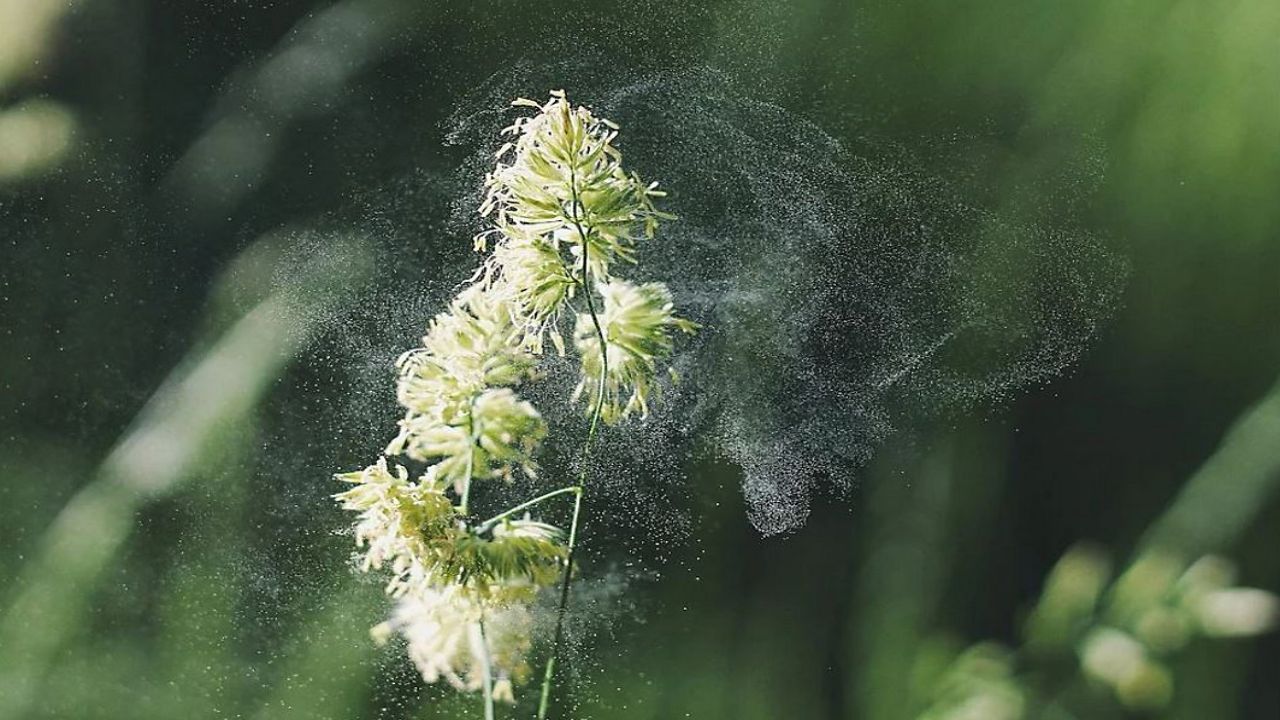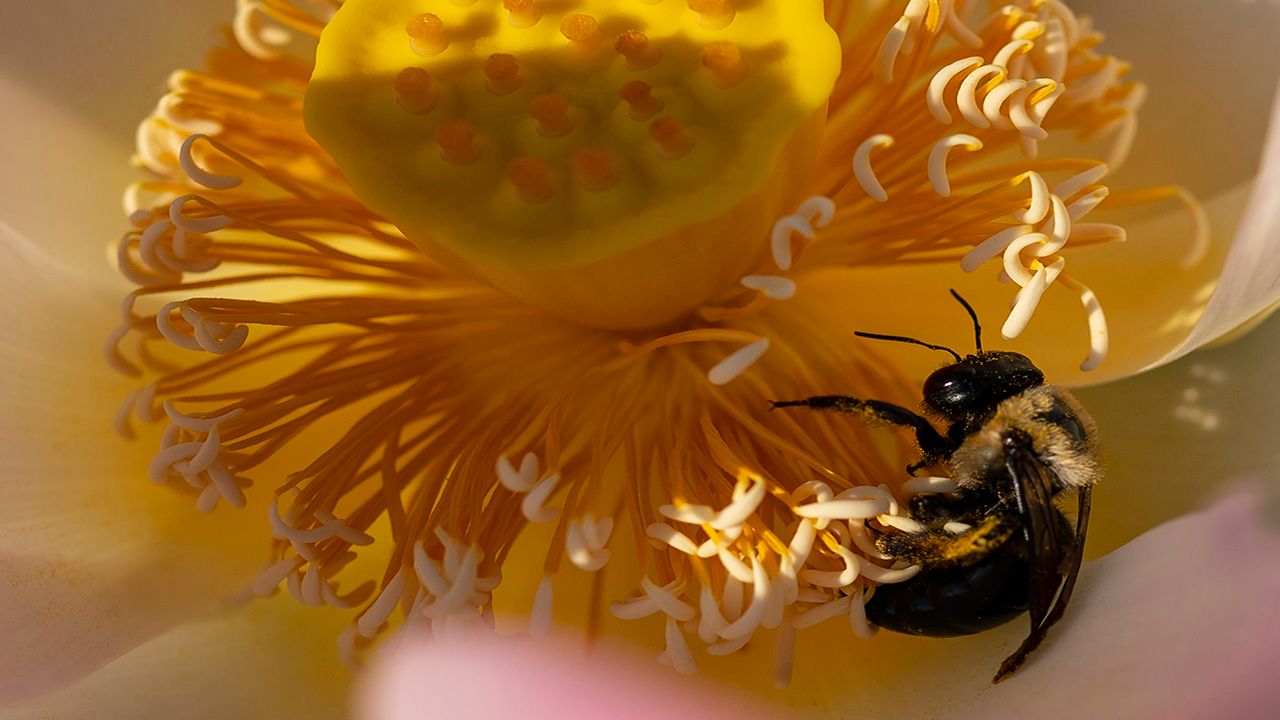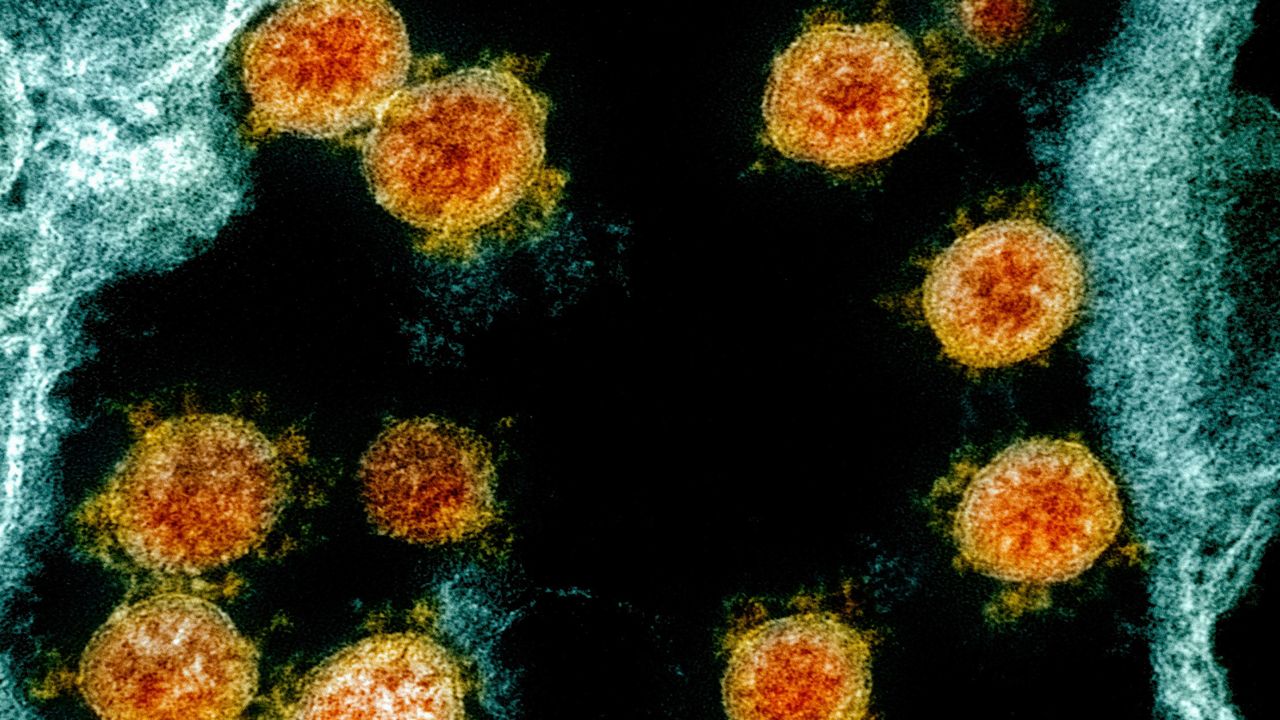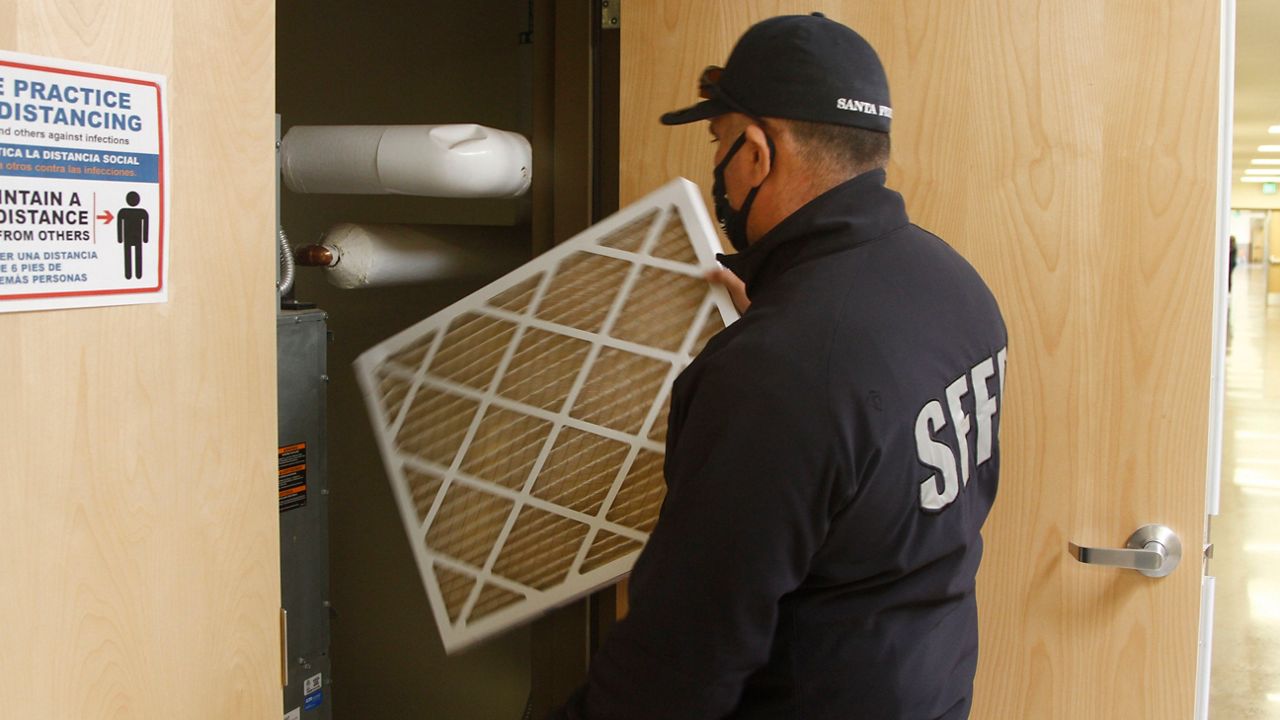It's hard to believe that we are heading into the second spring of the pandemic, where wearing masks has become not only recommended but the new normal, at least for now.
What You Need To Know
- Masks have been shown to help filter out pollens and allergens effectively
- Pollen particles are (in most cases) larger than a virus and Covid-19 particles
- Increased mask-wearing has led to a decrease in allergy suffering for some people
Every year around this time, the tree, grass and flower pollen blossom bloom and affect us in different ways. Breathing in air filled with these substances can cause reactions such as sneezing, coughing, hay fever and a slew of respiratory issues.
According to the CDC, an estimated that nearly 25 million Americans suffer from seasonal allergies.

Of course, the remedies have changed, with medicines, pills and treatments (Neti Pot, anyone?) but the basic concept remains the same: flush out the particles, take antihistamines, and try to keep inside as much as possible.
With masks being such a big part of life nowadays, how much people are suffering has been, in some cases, greatly reduced.
Surgical masks are pretty effective against Covid in this pandemic because they can filter out all particles in the air as small as two micrometers.
While some Covid-19 particles can be smaller than that when everyone wears a mask, the larger particles get filtered out, and the smaller ones have to first pass through multiple masks on multiple people, which becomes incredibly difficult when everyone in a small, confined area or anywhere indoors is wearing one properly.

Most pollen particles, including those from flowers, grass, and trees, can range from five to 10 micrometers, so masks have a very easy time filtering them out.
This is great news for those who both suffer from seasonal allergies and wear masks, especially when outside.
Some people who have gotten used to wearing a mask have reported having a much easier time with seasonal allergies when continuing to wear the mask outside.

If you have a lawn, yard work is inevitable. This could be a game-changer for those who have avoided it or just suffered through it in past years.
According to researchers from the University of Edinburgh, 80% of Coronavirus particles are blocked by wearing a surgical mask. Double layers and N-95 masks of course provide even greater protection.
Think about it: Most of us wouldn't have thought to wear a surgical mask in years past, but with it being the new norm, many people are seeing reduced itchiness, sneezing and coughing.
Pollen counts in the air are usually higher in the morning, so if you usually venture outdoors early and want to test this, that's when you may see the most difference.
Since these larger particles can collect in your mask, doctors suggest washing reusable ones after each use or putting on a new clean disposable one after each considerable length of time outside.

As in any year, pandemic or non-pandemic, it's important to always wash your hands, take frequent showers, and launder your clothes after being outside.
It's amazing how much pollen can accumulate on yourself and your clothes after even just a few hours outdoors.
Remember, pollen and allergen particles are generally sticky, so try to avoid touching your face as much as possible when removing your mask.
While all the mask-wearing has definitely helped some people with their allergies, outside, indoor allergies have increased since the pandemic began.
For those of us who have worked, or still do work from home, stagnant air, indoor pollution and pet dander have led to increased sniffling and sneezing. However, with pet adoptions up, more people are at home and some people have discovered new allergies for the very first time.
Since most people stuck at home, don't want to wear a mask all day in their own homes, making sure clean air is filtered in and around your space is key.
Make sure to frequently change your HVAC air filters and consider an in-home air purifier. While expensive, they can provide year-round filtration, with up to 99 percent of the pollen particles taken out of the air. Plug-in space purifiers, while not as effective, can help and cost way less.
One other thing to note: allergens and pollens can enter your body through the ears and eyes. Masks naturally cannot help this, so if itchy, watery eyes are the problem, extra mask-wearing will unfortunately not help you out much, if at all.
It's more important than ever to monitor your health these days, especially as we continue to battle Covid-19.
If you're ever in doubt about whether you have a bad allergy attack, or perhaps getting sick, it's always best to consult your doctor for expert analysis.



)